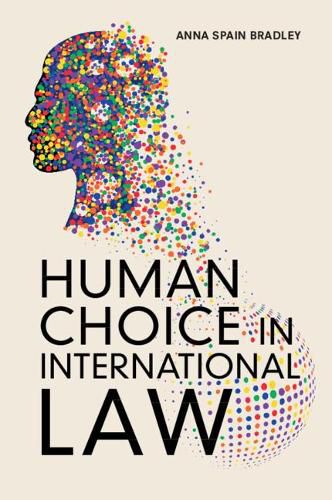Readings Newsletter
Become a Readings Member to make your shopping experience even easier.
Sign in or sign up for free!
You’re not far away from qualifying for FREE standard shipping within Australia
You’ve qualified for FREE standard shipping within Australia
The cart is loading…






Human Choice in International Law is an exploration of human choice in international legal and political decision making. This book investigates the neurobiology of how people choose and the history of how personal choice has affected decisions about international peace and security. It charts important decision moments in international law about genocide, intervention into armed conflict and nuclear weapons at the central institutions of the international legal order. Professor Spain Bradley analyzes the role that particular individuals, serving as international judges or Security Council representatives, play in shaping decision outcomes and then applies insights from neuroscience to assert the importance of analyzing how cognitive processes such as empathy, emotion and bias can influence such decisionmakers. Drawing upon historical accounts and personal interviews, this book reveals the beauty and struggle of human influences that shape the creation and practice of international law.
$9.00 standard shipping within Australia
FREE standard shipping within Australia for orders over $100.00
Express & International shipping calculated at checkout
Stock availability can be subject to change without notice. We recommend calling the shop or contacting our online team to check availability of low stock items. Please see our Shopping Online page for more details.
Human Choice in International Law is an exploration of human choice in international legal and political decision making. This book investigates the neurobiology of how people choose and the history of how personal choice has affected decisions about international peace and security. It charts important decision moments in international law about genocide, intervention into armed conflict and nuclear weapons at the central institutions of the international legal order. Professor Spain Bradley analyzes the role that particular individuals, serving as international judges or Security Council representatives, play in shaping decision outcomes and then applies insights from neuroscience to assert the importance of analyzing how cognitive processes such as empathy, emotion and bias can influence such decisionmakers. Drawing upon historical accounts and personal interviews, this book reveals the beauty and struggle of human influences that shape the creation and practice of international law.